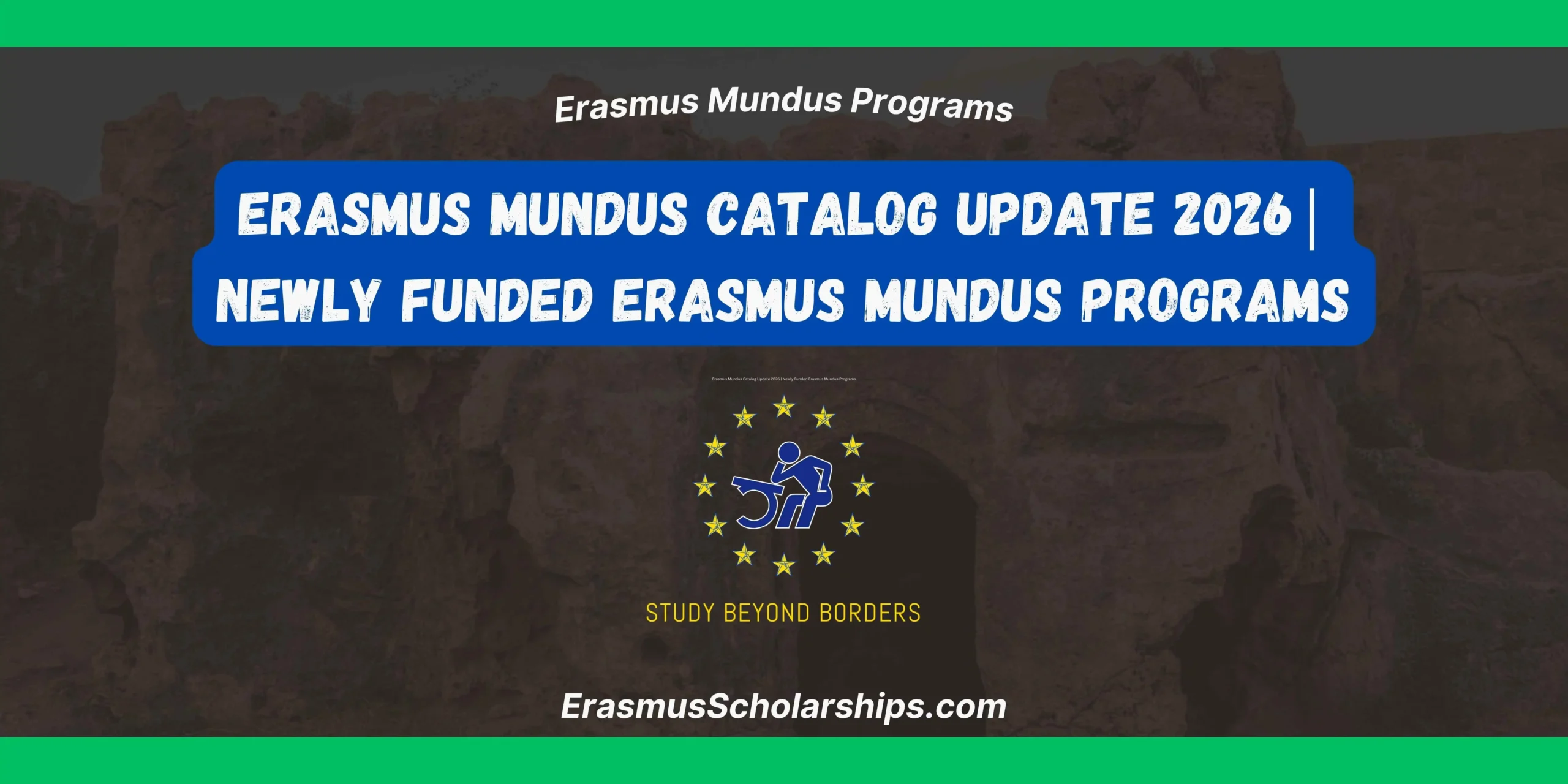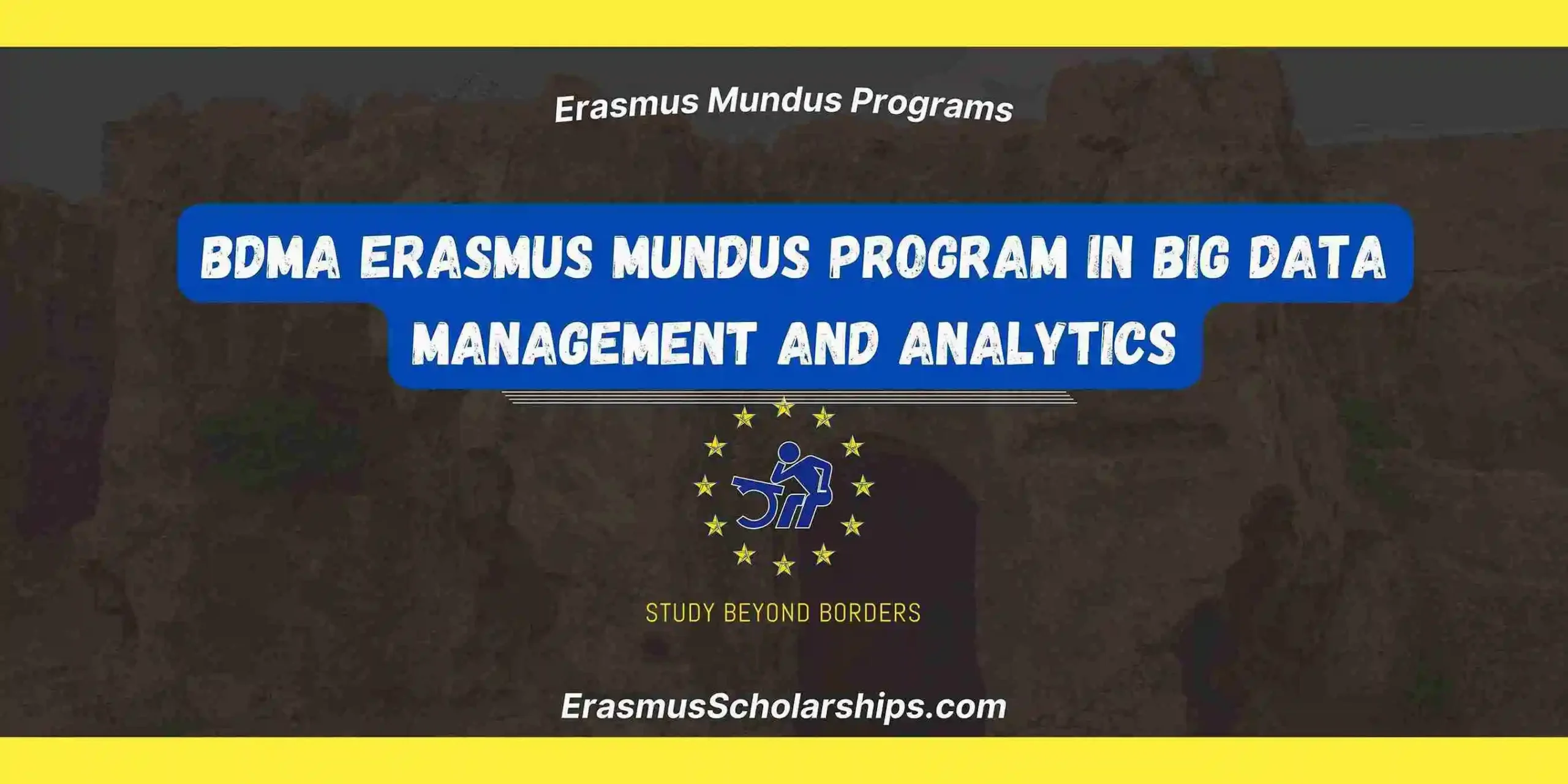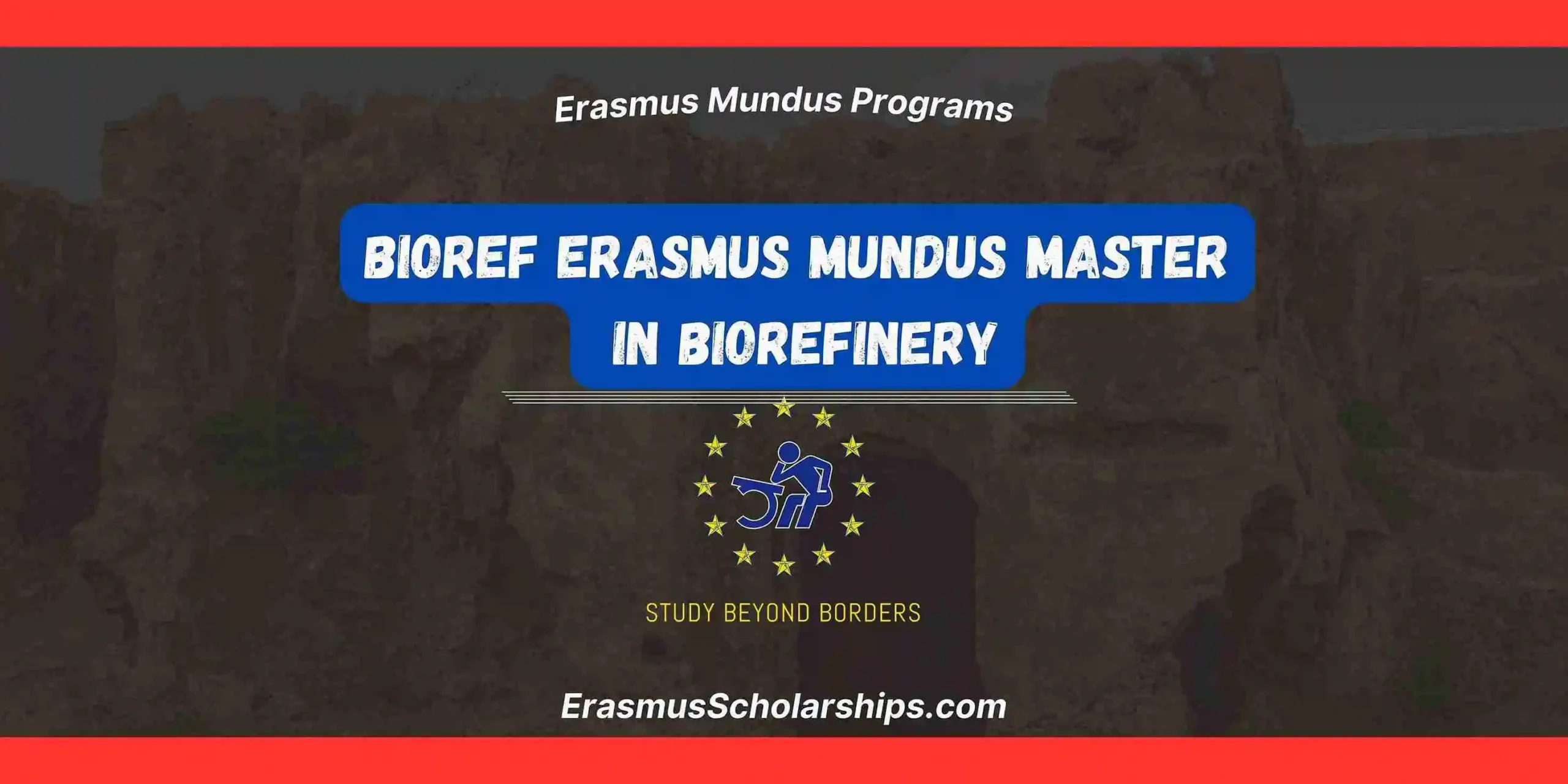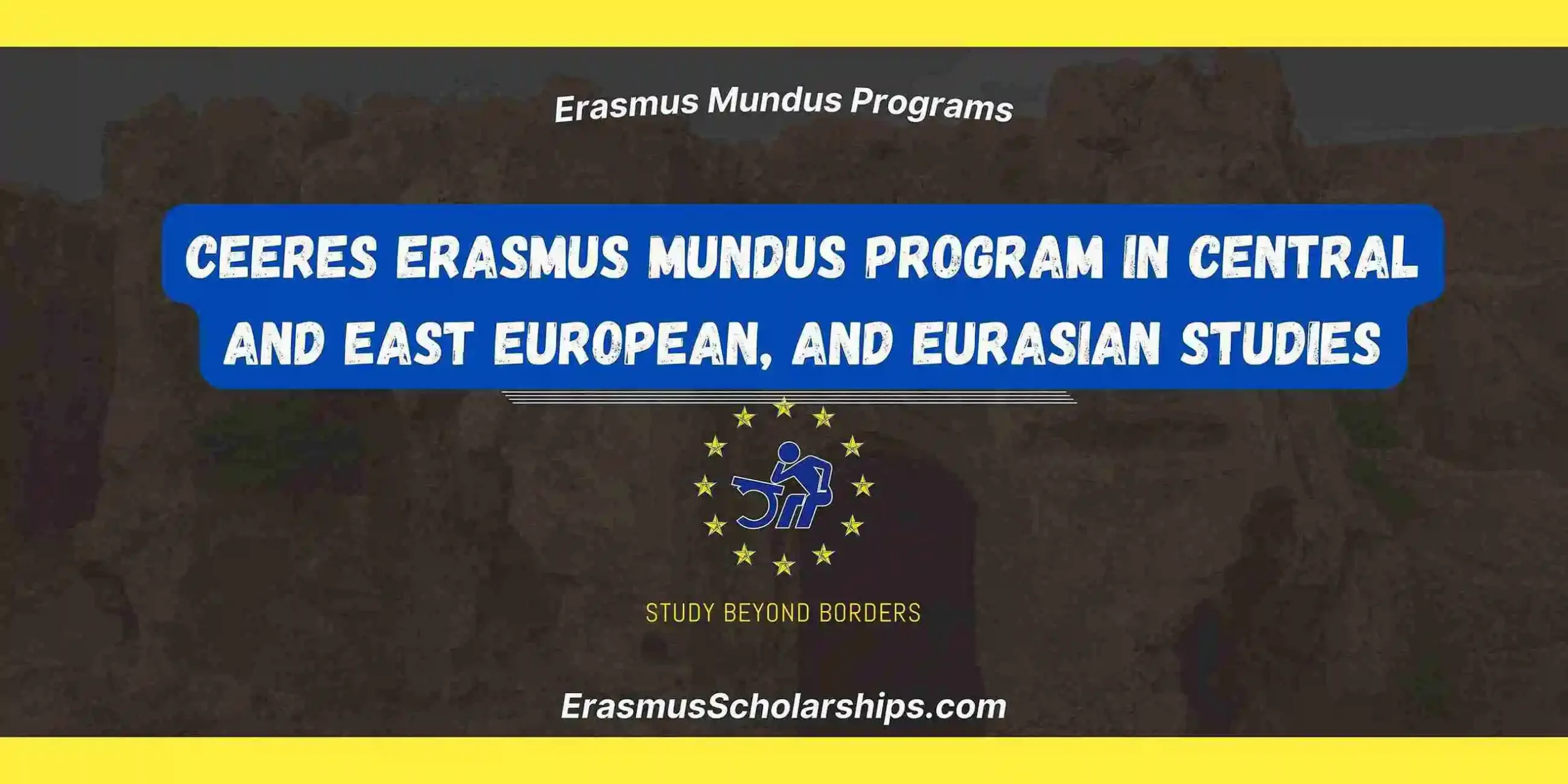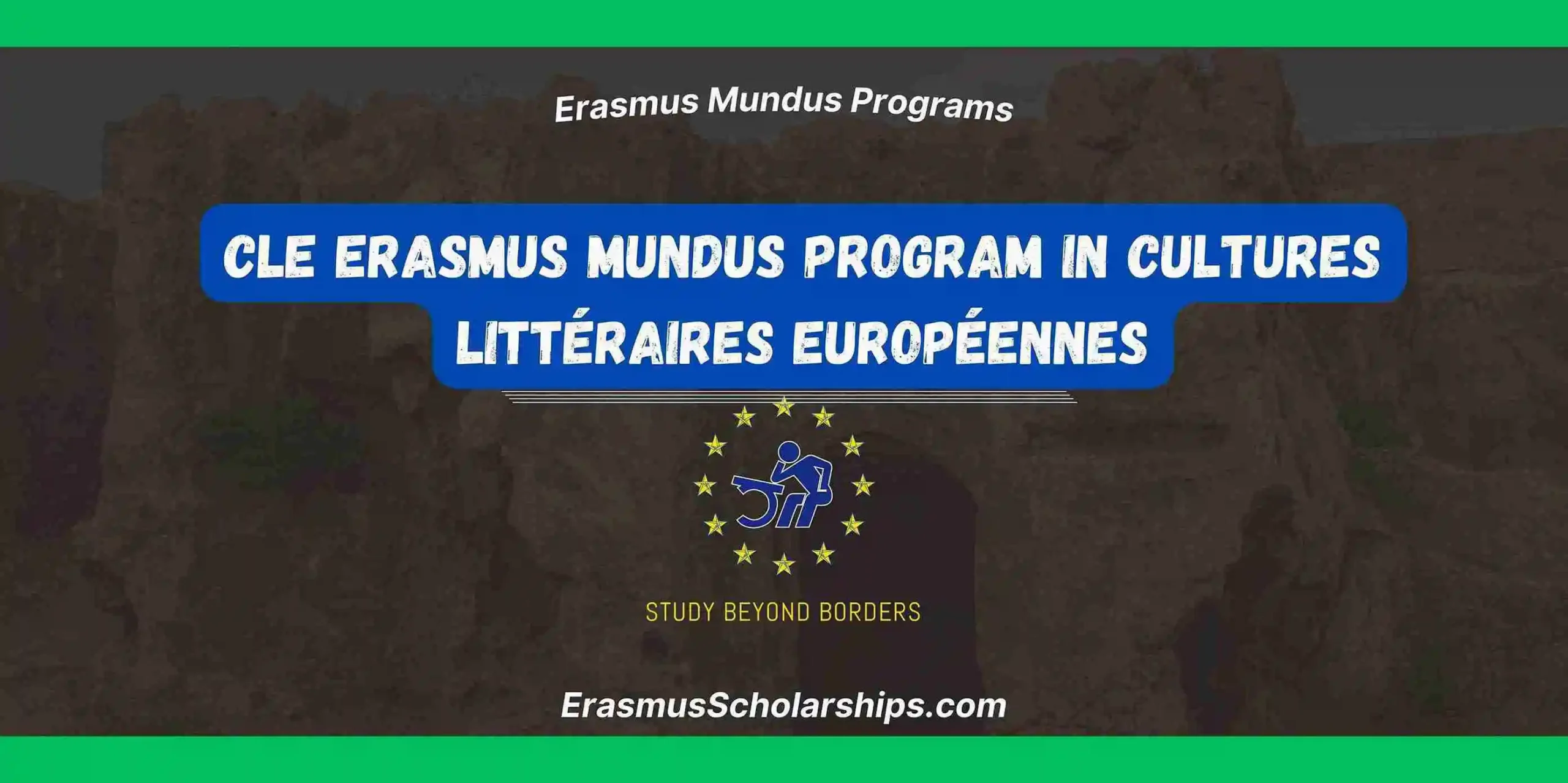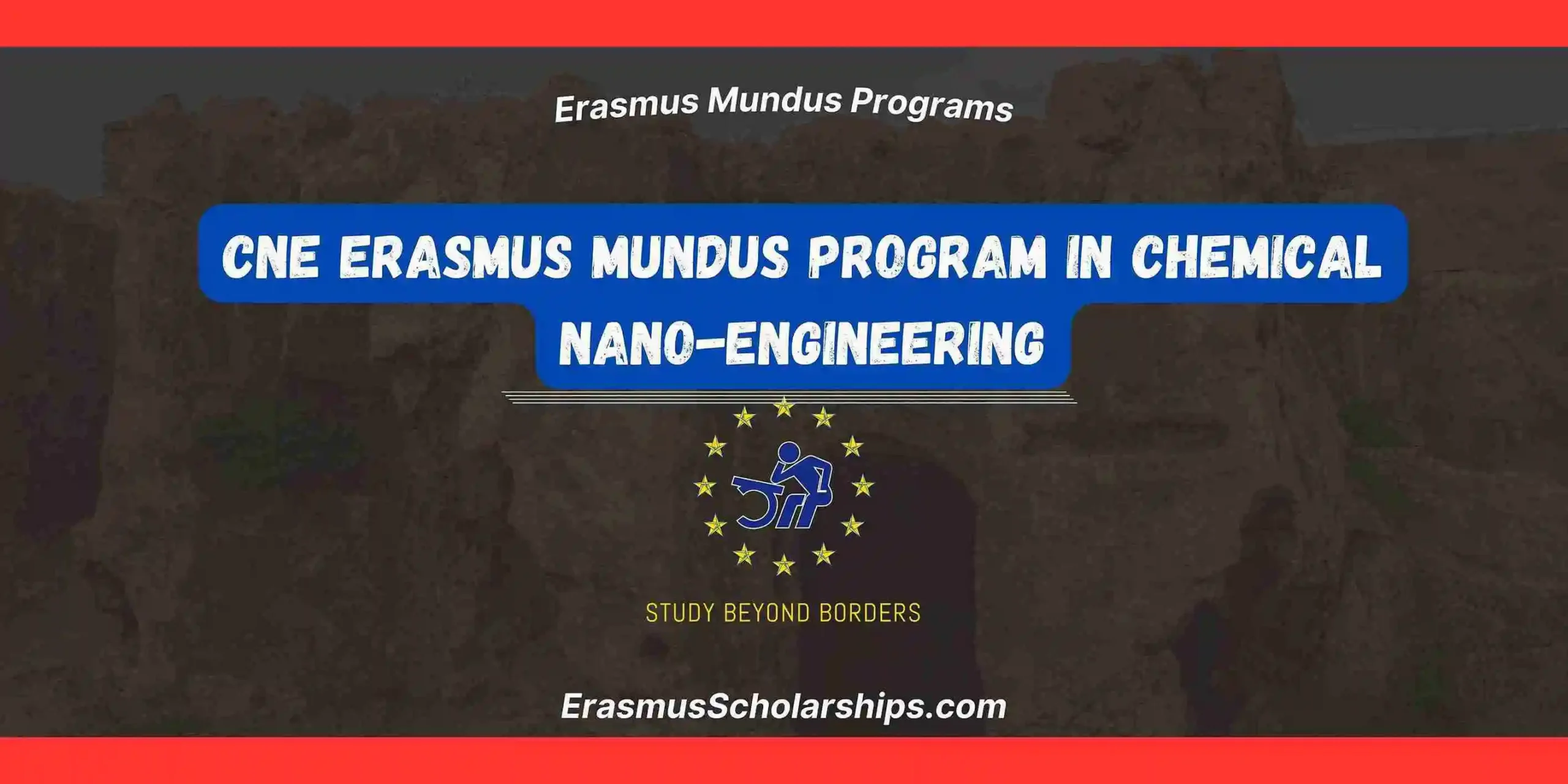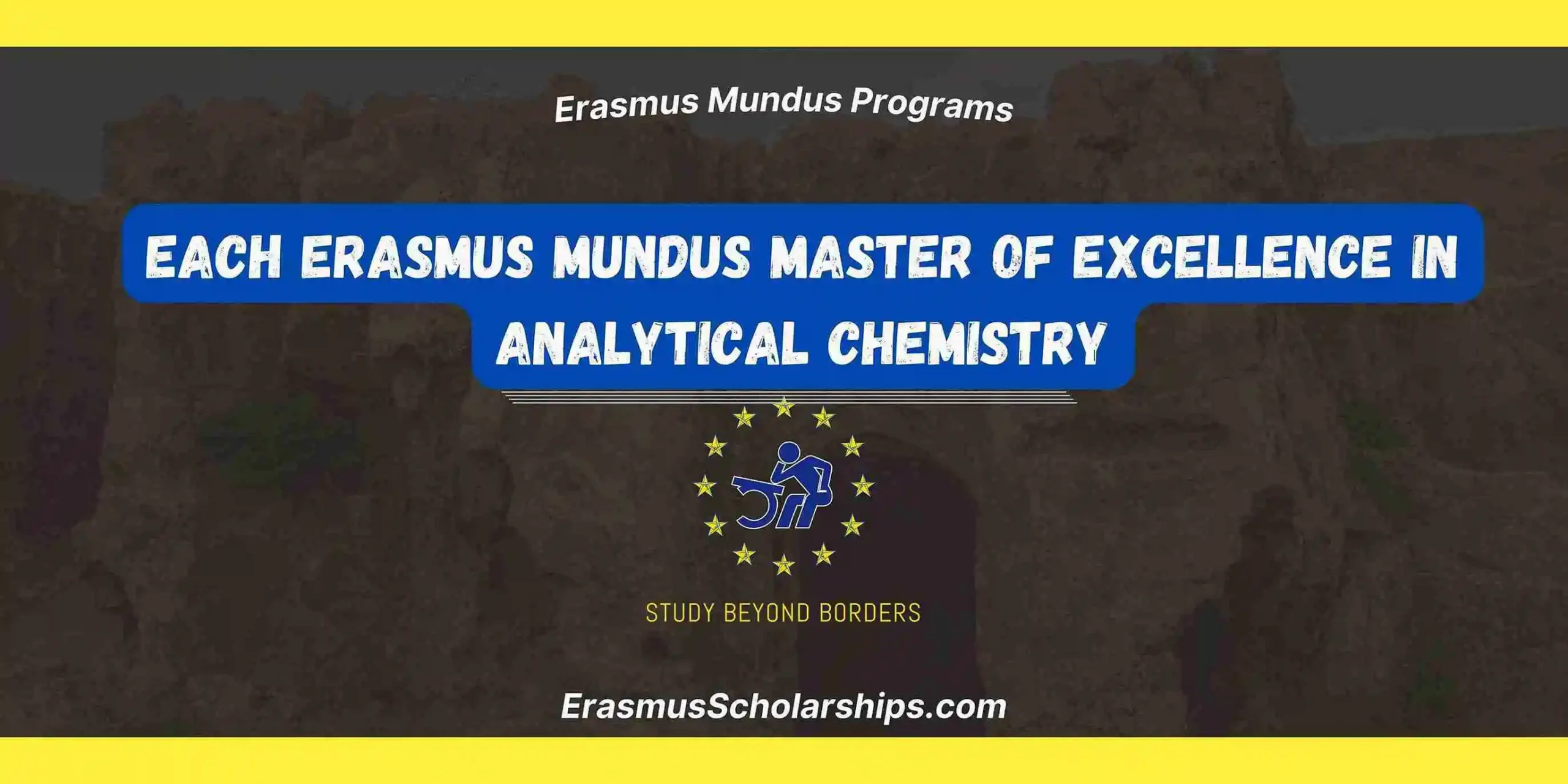The GeoPlaNet Erasmus Mundus Joint Master in Planetary Geosciences is a prestigious two-year international Master’s program designed to equip students with advanced knowledge and practical skills in planetary geosciences. Offered through a strategic collaboration between three leading European institutions, this program provides a comprehensive curriculum that integrates geology, geophysics, planetary data analysis, and virtual reality tools. Students benefit from a multidisciplinary academic environment, preparing them for careers in research, space science, and related fields.
Launched in 2022 and welcoming its first cohort in September 2023, the program is structured over four semesters, awarding a total of 120 ECTS credits. The academic journey takes place across the University of Coimbra (Portugal), Università degli Studi “G. d’Annunzio” di Chieti–Pescara (Italy), and Nantes Université (France). The final semester is dedicated to a research internship at one of the program’s international partner institutions, which include prestigious organisations such as the European Space Agency (ESA) and the Jet Propulsion Laboratory (JPL), providing students with valuable hands-on experience and exposure to global planetary research networks.
Project Status
- Status: Ongoing
- Start date 01-09-2022
- End date 31-10-2028
- Action Type: Erasmus Mundus Joint Master
- Universities Involved
- Countries Involved
The GeoPlaNet Erasmus Mundus program offers a Master’s in planetary geosciences, delivered across leading European universities with a focus on planetary surfaces, geodata analysis, and space exploration.
| Universidade de Coimbra |
| Università d’Annunzio di Chieti‑Pescara |
| Nantes Université |
| Portugal |
| Italy |
| France |
This cross-border collaboration allows students to gain an international perspective while studying and researching in the heart of Europe’s academic and industrial hubs.
Description of the GeoPlaNet Erasmus Mundus Program
The GeoPlaNet Erasmus Mundus programme offers top‑tier planetary geoscience education via a unique mobility path across Portugal, Italy, and France—with an immersive final internship in the GeoPlaNet global partner network. You get hands‑on training in VR tools, planetary field mapping, planet mission data processing, and interdisciplinary research, taught entirely in English.
Key features of the GeoPlaNet Erasmus Mundus Program
- Mobility across 3 countries: Coimbra → Chieti‑Pescara → Nantes → global internship
- Strong research orientation: field trips, VR visualisation, data analysis, instrumentation, potential internships at ESA / JPL
- Expected 100% employability, with networking through space agencies and research labs
- Tuition‑free for scholarship holders, plus up to €1,400/month for living costs over 24 months
- Non‑Scholarship Holder (NSH) option: pay tuition (~€4,000/year) and living expenses, but still gain access to the same academic programme
Mobility tracks of the GeoPlaNet Erasmus Mundus Program
- Semester 1: University of Coimbra (Portugal)
- Semester 2: Università d’Annunzio, Chieti‑Pescara (Italy)
- Semester 3: Nantes Université (France)
- Semester 4: Internship in one of the GeoPlaNet network partners (e.g. ESA‑ESTEC, JPL, DLR)
Admission Requirements
- Bachelor’s degree (at least 180 ECTS) in Earth science, physics, mathematics, astrophysics, geology, geospatial sciences or engineering
- English proficiency: B2 level (e.g. IELTS 5–6.5, minimum 5.0 each skill) or equivalent, unless English native or degree taught fully in English
- Preferred background in planetary geosciences; environmental sciences, biology, chemistry, IT-only degrees are ineligible
- Submission of CV, transcript, diploma, English certificate, 2 letters of recommendation, motivation letter, passport copy
How to Apply for GeoPlaNet Erasmus Mundus Program
- Visit the official GeoPlaNet website
- Review the eligibility criteria and application guidelines
- Prepare all required documents (degree certificate, academic transcripts, English proficiency test, CV, motivation letter, two letters of recommendation, passport)
- Specify your preferred mobility track
- Combine documents into a single PDF in the prescribed order
- Submit your application by email to application-impg@univ-nantes.fr before the deadline
- Await confirmation and interview invitation (if shortlisted)
Tips to win the GeoPlaNet Erasmus Mundus Program
- Emphasise strong academic excellence and motivation, both critical in selection criteria
- Secure two stellar recommendation letters that vouch for your suitability
- Demonstrate English proficiency and interest/experience in planetary geosciences
- Line up funding alternatives if applying as NSH, and mention them explicitly
- Show enthusiasm for international mobility and research potential
Application Timeline
Curriculum Structure of the GeoPlaNet Erasmus Mundus Program
- Year 1: Core planetary geoscience courses in Coimbra and Chieti‑Pescara
- Year 2: Advanced classes in Nantes, ending with a full-time research internship at a GeoPlaNet partner (ESA, JPL, labs, etc.)
- Total 120 ECTS including coursework, field trips, VR labs, research activities
Coordinator Contact
General information: application-impg@univ-nantes.fr
Alumni Feedback
So far I found this program to be very academically enriching as I have been able to learn a lot about the different fields within the very broad field, that is planetary geoscience as well as being able to meet many researchers around different parts of the world. I would also say it’s very culturally enriching as I have been able to meet and make friends from all over the world. I think this program has been really life changing for me.
~Victor
Frequently Asked Questions (FAQs)
What is the GeoPlaNet Erasmus Mundus Program and who is it for?
The GeoPlaNet Erasmus Mundus Program is a 2‑year international master’s in planetary geoscience for students with science/engineering backgrounds, taught across Portugal, Italy, France, and a global internship.
Is the GeoPlaNet Erasmus Mundus Program still accepting applications and funding?
Yes! The GeoPlaNet Erasmus Mundus Program remains open through at least the 2026–2027 cohort with Erasmus Mundus scholarships and NSH spots available.
What kind of career paths can graduates of the GeoPlaNet Erasmus Mundus program pursue?
Graduates are well-prepared for PhD programs, research positions, and professional roles in space agencies, environmental consulting, planetary science, academia, or Earth observation industries.
Is the GeoPlaNet Erasmus Mundus program taught entirely in English?
Yes. All courses, assessments, and official communication within the GeoPlaNet Erasmus Mundus program are conducted in English.
When does the GeoPlaNet Erasmus Mundus program start and what is the duration?
The program begins each year in September and lasts for two academic years (four semesters), totaling 120 ECTS.


